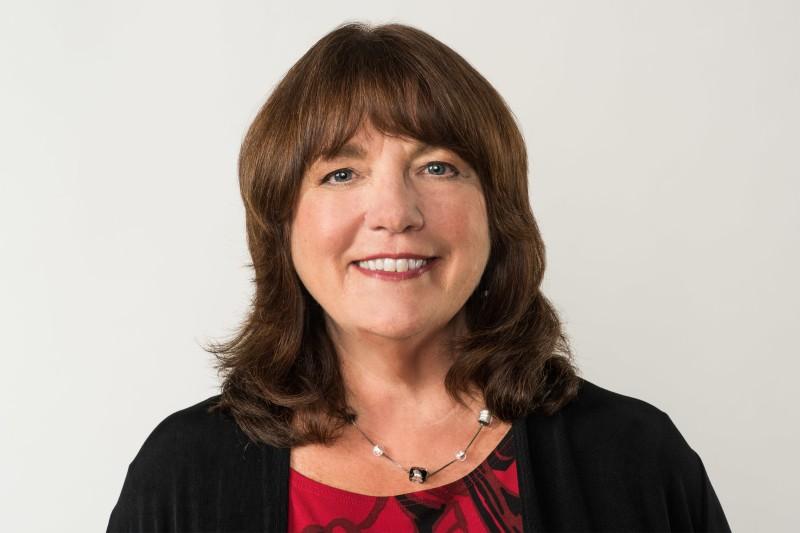Following the release of the Scorecard, Susan Reinhard shares some of the early feedback she’s received from policymakers and how states are responding to improve long-term services and supports (LTSS).
What does this 5th edition of the Scorecard tell us about LTSS today?
This edition features equity measures for the first time. It confirms that we, as a nation, have a long way to go to ensure everyone has access to quality care.
We found clear differences across racial and ethnic categories. If you are black and in a nursing home, you are going to have a very different experience than if you are white. That’s a big story. We have the data, and you can see it in your state. It is very clear, and it is something we know needs to be addressed.
Is this the story behind measuring equity for the first time?
Yes. It’s critical that we highlight the data we have for measuring equity. It’s getting a lot of attention from the states. We are having insightful conversations with them about equity, what it is, how we define it and how we measure it. It highlights the diversity across states. No one state is exactly like another. This is exactly why we included it in the Scorecard because this will drive the conversations needed to address the inequalities in our system.
What else is new and getting attention?
We’ve had significant interest in the innovation points. We added six new indicators that award states for taking initiative in creative ways to improve their systems. We want to encourage states to adopt policies and implement programs that are evidence-based, financially sound, and supported by consumers and their families. And, when something is working in one state, we want to share it with the goal of bringing to scale. We examine what it takes to maximize the benefits of innovation so that it can be shared across communities.
How are the new innovations points driving conversations?
A lot of states are asking about CAPABLE. This stands for Community Aging in Place – Advancing Better Living for Elders. It’s a person-centered, short-term, restorative services model that helps people remain independent and in their homes. It can save money. We want to get the word out on CAPABLE because it can dramatically change the restorative model. States need to pick this one up and we are fielding questions about how they can do this. This is exactly what we wanted. We look forward to continuing these discussions into 2024.
The Scorecard has also captured some of the impact from the COVID-19 pandemic. What policy change do you think has staying power?
Self-direction. By that I mean the ability of the consumer to direct who is paid for caregiving responsibilities. This equates to paying family caregivers. It’s not fraud and it is not unsafe. It is a common-sense approach that allows us to meet the needs of the person who needs the care. It was pushed out during COVID, and it’s here to stay. This is a serious trend, and policymakers at the state and federal levels need to ensure that it is accessible and continues.
Where are you looking for improvement in understanding the LTSS system?
We lack data. What we know is mainly based on nursing home data, but we can’t tell you about Home and Community Based Services (HCBS), assisted living, or homecare services. That’s a big call for action. We’ve hit a tipping point in how we are spending money on long-term care. Over half the dollars across the states are going to HCBS, which is a big journey that AARP has tracked for 15 years or more. Now we need the data to tell us how those services are preforming. So, while we are grateful to have the data we do, we need more and deeper sources to complete a fuller picture.

